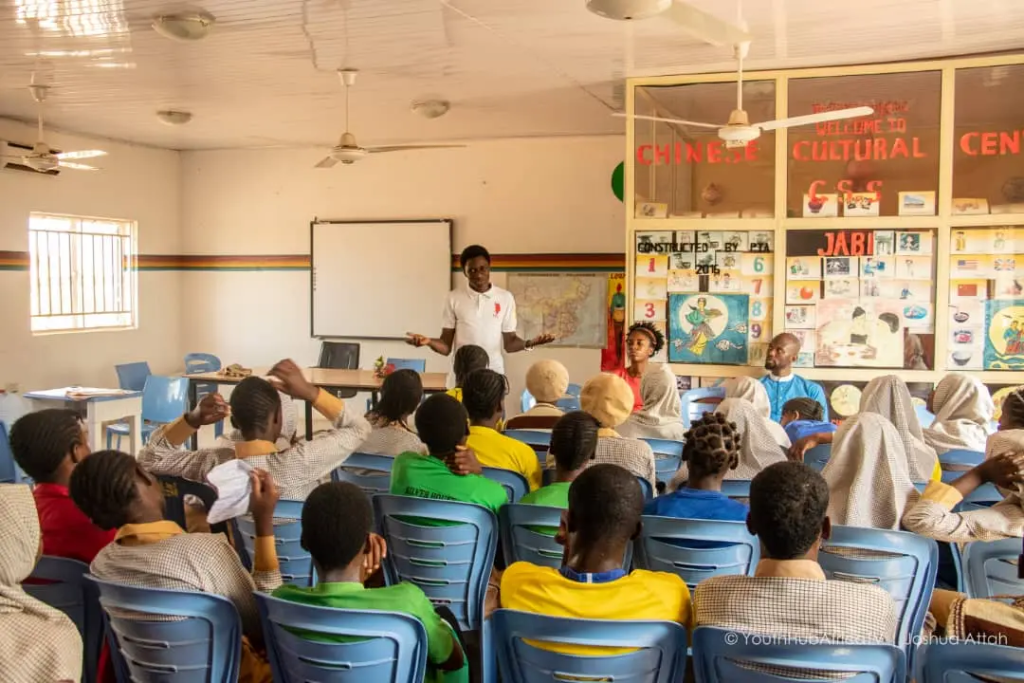Introduction : Bridging the Gap
Recently, I read a thread on Instagram about the stark difference in intellectual engagement among African nationalities during a space hosted by a prominent African entrepreneur. The event was intended to provide a balanced platform for different African voices, ensuring no single nationality dominated the discussion. Speakers from Kenya, Zimbabwe, and West African countries like Gambia, Ghana, Liberia, and Sierra Leone delivered insightful and well-communicated contributions.
Conversely, the Nigerian speakers were characterized by their inability to stay within time limits and their tendency to ramble without making clear, coherent points. The host felt a sense of embarrassment due to the performance of the Nigerian speakers, who lowered the intellectual quality of the event. The co-host, an entrepreneur, also noticed this disparity and questioned the state of education in Nigeria. This incident is not isolated; similar observations have been made by others. The negative perception of Nigerians as lacking coherent and focused intellectual engagement is becoming more widespread. Nigerians are now seen not just as loud and overbearing but increasingly as lacking substantive intellectual contributions.
Reflecting on this, I have been considering the widening gap between the Nigerian educational system and the demands of the workforce. Many graduates find themselves at a crossroads, struggling to steer their futures without a clear sense of direction or the ability to defend their degrees beyond rote memorization. This raises a pressing question: Is the problem with the Nigerian educational system, or is there another underlying issue?
Nigerians and the Education System : Memorization vs. Mastery

The Nigerian education system is often criticized because it focuses too much on memorizing facts. Instead of understanding what they learn, students are tested on how well they can repeat information exactly as they learned it. According to a 2022 report by the World Bank, this approach creates graduates who do well on tests but struggle with real-world skills and thinking critically. Because of this, many students are not ready to use their knowledge in jobs after they graduate.
Workforce Reality for Nigerians: Gaps in Education System Preparedness

When graduates start working, they often face problems that show the weaknesses of their education. A 2018 study by the Nigeria Education Data Survey found that graduates who did well in tests based on memorization had trouble with tasks needing problem-solving and analytical skills. This gap between doing well in school and being ready for work is a big obstacle to career success and innovation.
Cultural and Systemic Barriers: Tradition in Education System
Rote learning, where students memorize facts without understanding, continues in Nigerian education because of cultural and historical reasons. Traditional values and old colonial teaching methods have made memorization a key focus. A 2021 UNESCO report says the education system has been slow to change, sticking to old ways and avoiding new, interactive teaching methods. This resistance to change makes it hard to prepare students for modern jobs.
Reforming the Foundation System: Fostering Critical Thinking

To fix this problem, the education system needs major changes. According to a 2020 report by the Nigerian Educational Research and Development Council (NERDC), it’s crucial to include critical thinking and problem-solving skills in the curriculum. Teachers also need better training to create a learning environment that promotes analytical thinking and practical skills. Additionally, testing methods should be updated to assess not just how well students memorize information but also how effectively they can use their knowledge in real-life situations.
Overcoming Barriers: Implementing Education System Reforms

Implementing these changes isn’t easy. There are several obstacles, such as resistance to change, limited resources, and established practices. A 2019 survey by the Education Sector Support Programme in Nigeria (ESSPIN) found that many educators and schools are reluctant to adopt new methods because they lack resources and training. To overcome these challenges, government, educational institutions, and the private sector need to work together to bring about real improvements.
Conclusion
In conclusion, asking whether Nigerians are losing their intellectual edge highlights the urgent need to reassess the education system. Moving away from rote memorization and focusing on critical thinking and practical skills will better equip graduates for the workforce. Although there are challenges, a united effort to reform the education system can close this gap and help Nigeria’s intellectual potential be fully realized and effectively applied on the global stage.
———————————————-
At Inside Success we are interested in your career development, so we equip you with information to enable you fly high. Kindly subscribe to our website and visit our Instagram @insidesuccessnigeria for more.



Leave a Reply